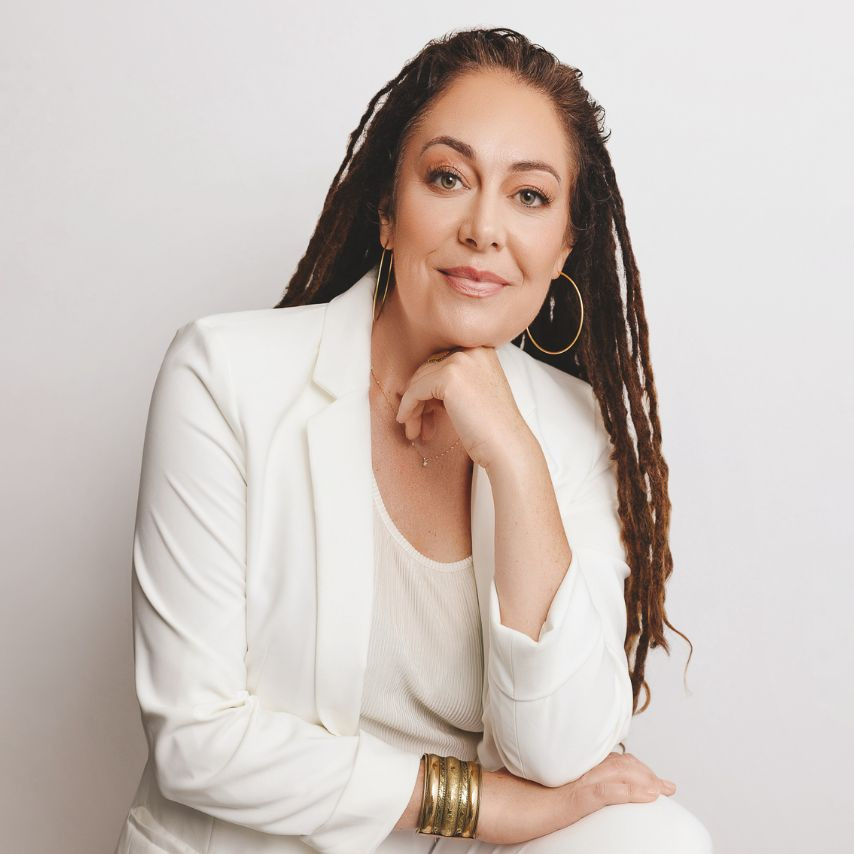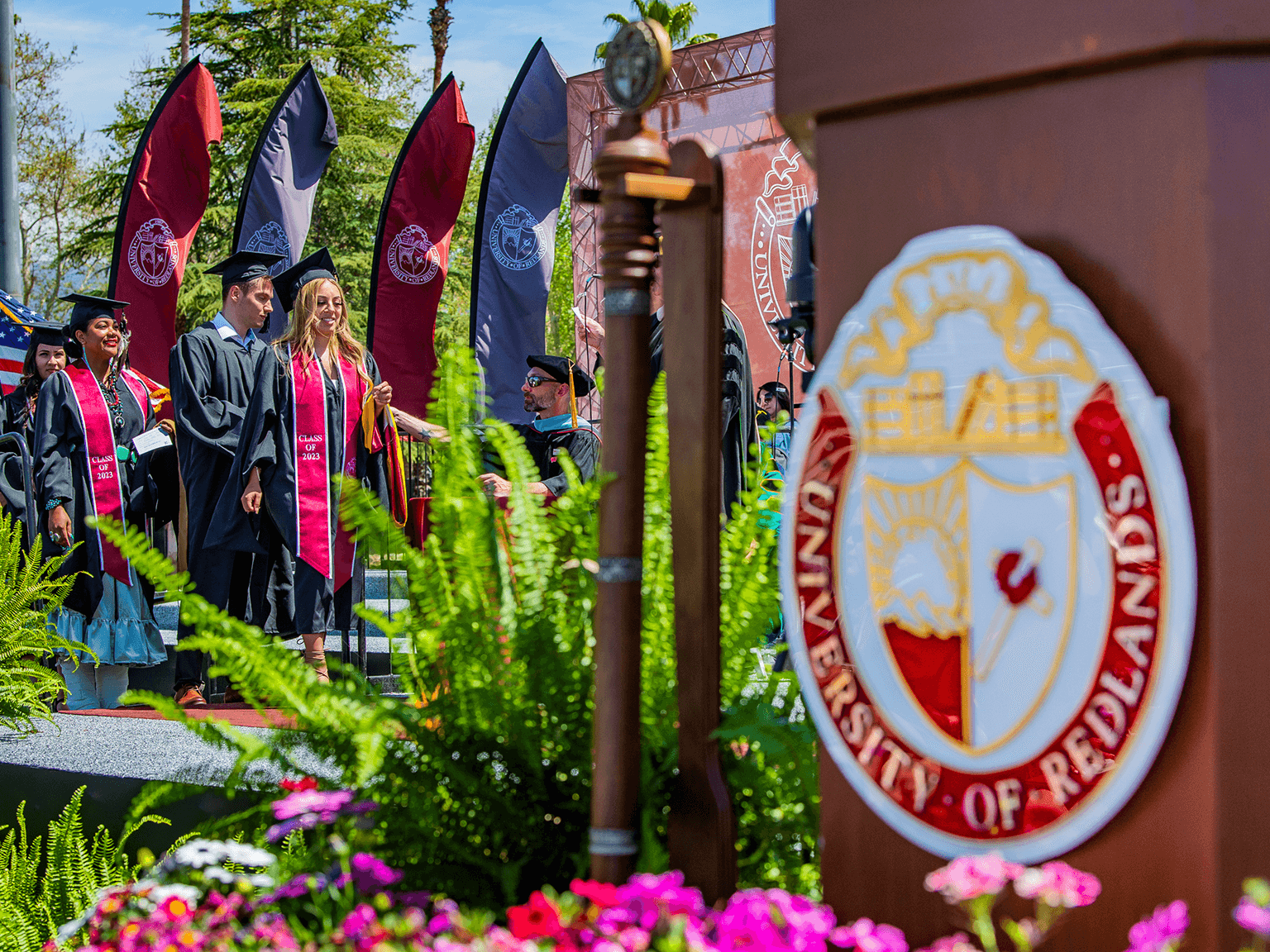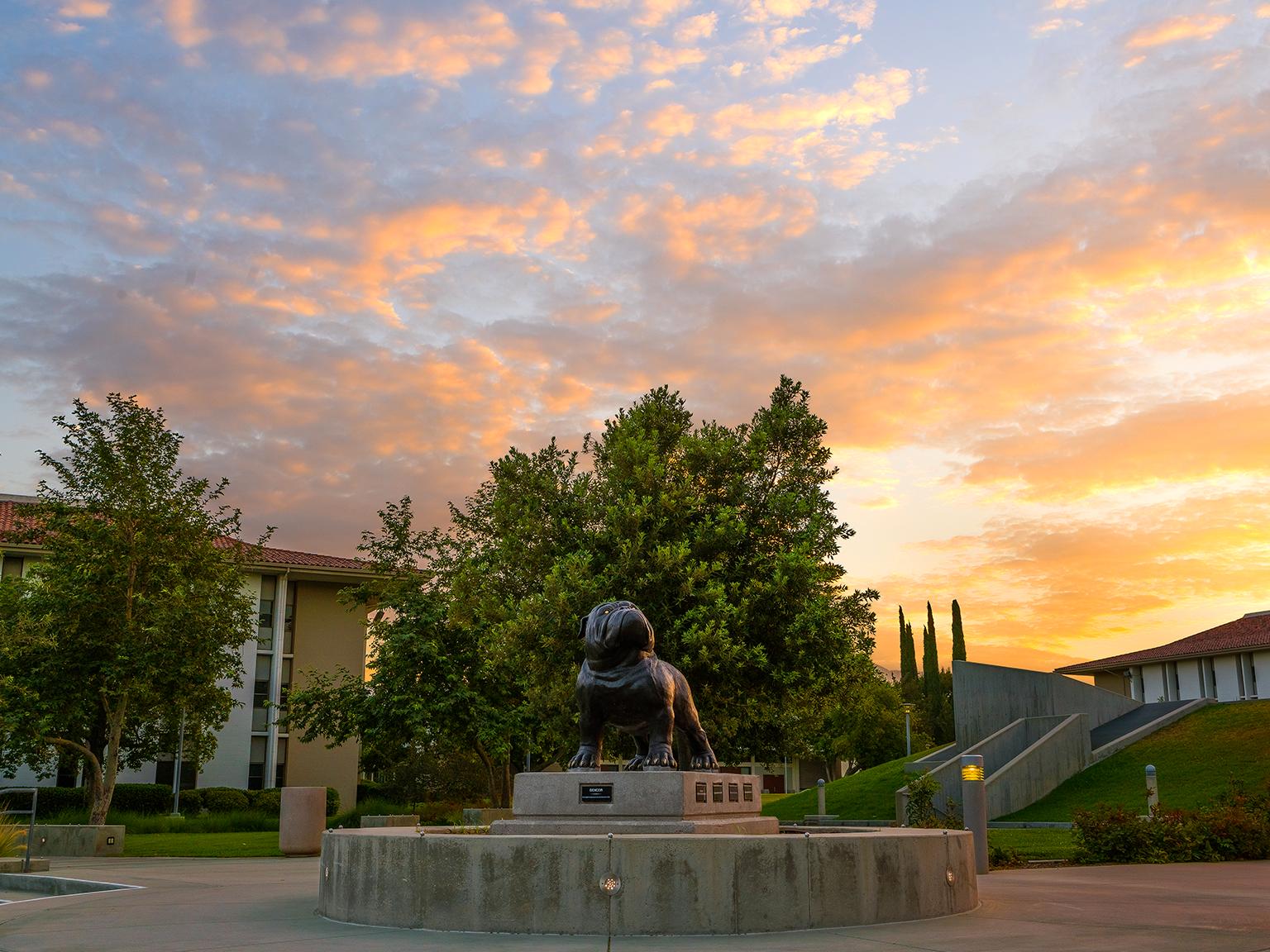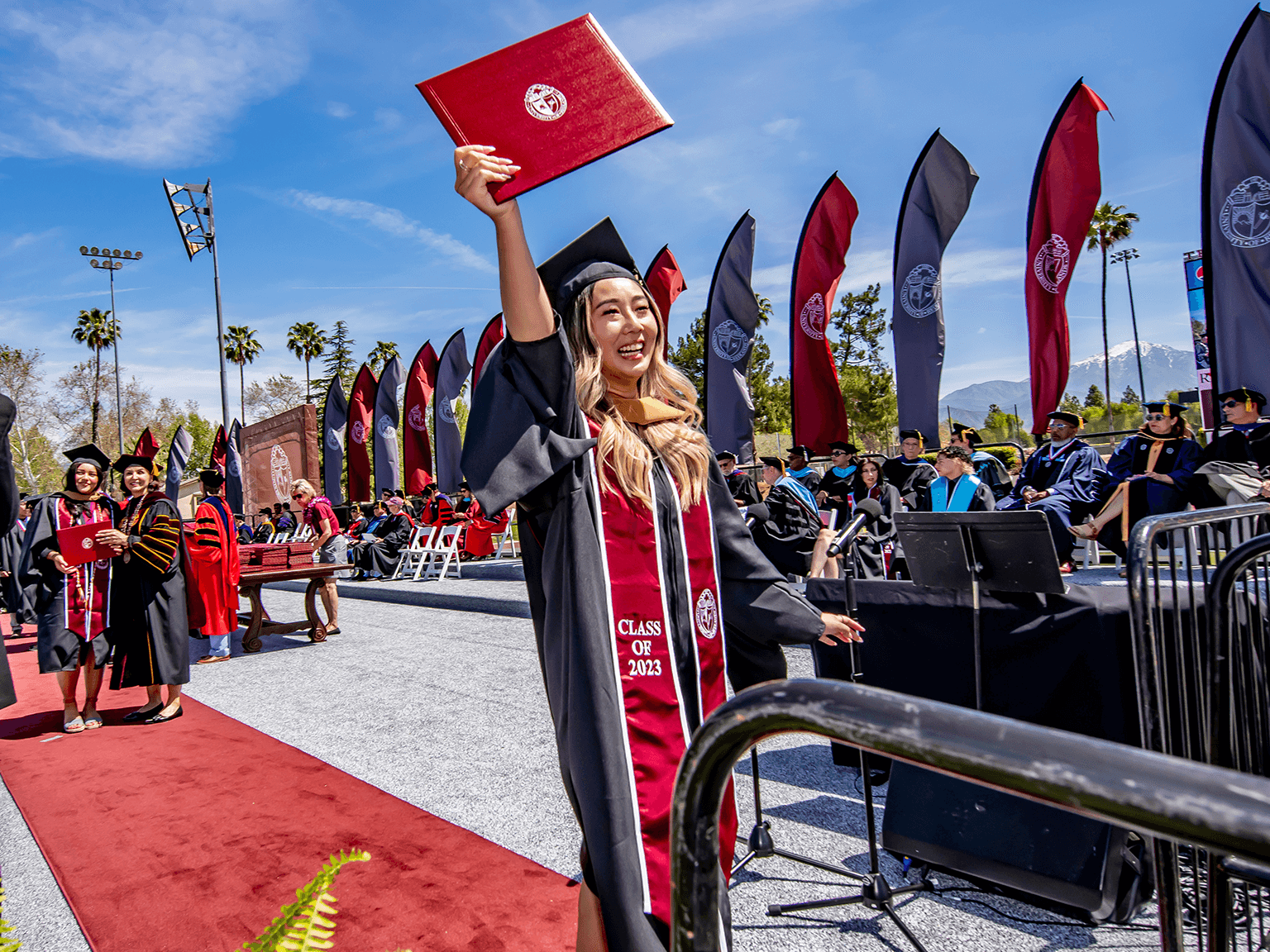
Vajra M. Watson Ed.D.*
About Dr. Vajra M. Watson
Dr. Vajra M. Watson is a nationally respected educator, scholar, and equity advocate whose work has shaped policy and practice at the intersection of education and social justice. As Dean of the School of Education, she will lead efforts to grow enrollment in priority areas and to reimagine program delivery in partnership with faculty and staff.
She previously served as the inaugural Senior Associate Vice President of the Placer campus at Sacramento State University, where she led academic planning, fostered cross-sector collaboration, and advanced public-private partnerships. Her impactful work has earned her numerous honors, including the Congressional Woman of the Year Award, the NBA Sacramento Kings Woman of Inspiration Award, and the Social Justice Leadership Award from the American Educational Research Association.
She earned her B.A. from UC Berkeley, holds two master’s degrees from Harvard University in International Education and Teaching and Learning, and completed her Doctorate in Administration, Planning, and Social Policy at Harvard’s Graduate School of Education.
---
*Please note: Harvard’s Ed.D. degree has been the only research‐based education degree offered at Harvard University for cohorts entering from 1976 to 2013. In Fall 2014, HGSE transitioned this exact program into the Ph.D. The Ph.D. in Education replaced the Doctor of Education (Ed.D.) to better signal to the public the research emphasis that has always been the basis of Harvard’s rigorous Ed.D. program.
Publications
Solo-Authored Books
Selection of books authored by Dr. Watson. Links to view or purchase in the description.
The Soul of Learning: rituals of awakening, magnetic pedagogy, and living justice
2022 | New York: Routledge
The Soul of Learning is a groundbreaking book that bridges together cultural work, contemplative practices, and ancient scriptures. Inside each chapter, readers are challenged and inspired to come face-to-face with themselves as they encounter teachers in all forms—from spiritual sages to critical theorists, from prophets to poets, from hip-hop rappers to reggae artists. This book is multifaceted and multidisciplinary. It models the essence of education by offering multiple entry points into holistic learning: somatic, aesthetic, emotional, intellectual, ethical, relational, and spiritual.
The Soul of Learning embodies a pedagogical disruption in pursuit of personal sovereignty. What process must we go through to reimagine ourselves in relation to each other and the world around us? This book offers a semblance of an answer. As a way to bring the sacred into schooling, Keator and Watson courageously connect spirituality, activism, and education through curated readings, guided activities, and intentional exercises. It’s a ready-to-go syllabus and hands-on workbook all in one! Altogether this book is revelatory and provides innovative ways to teach and learn, lead and live. The Soul of Learning documents a transformative journey, through the interiority of our being into a revolutionary call for collective belonging.
Transformative Schooling: Towards Racial Equity in Education.
2018 | New York: Routledge
Discussions of achievement gaps are commonplace in education reform, but they are rarely interrogated as a symptom of white supremacy. As an act of disruption, award-winning scholar Vajra Watson pierces through the rhetoric and provides a provocative analysis of the ways schools can become more racially inclusive. Her research is grounded in Oakland where longitudinal data demonstrated that Black families were sending their children to school, but the ideals of an oasis of learning were being met with the realities of racism, low expectations, and marginalization. As a response to this intergenerational crisis of miseducation, in 2010, the school district joined forces with community organizers, religious leaders, neighborhood elders, teachers, parents, and students to address institutionalized racism.
Seven years later, Watson shares findings from her investigation into the school district’s journey towards justice. What she creates is a wholly original work, filled with penetrating portraits that illuminate the intense and intimate complexities of working towards racial equity in education. As a formidable case study, this research scrutinizes how to reconfigure organizational ecosystems as spaces that humanize, heal, and harmonize. Emerging from her scholarship is a bold, timely, and hopeful vision that paves the way for transformative schooling.
Learning to Liberate
2012 | New York: Routledge
Few problems in education are as pressing as the severe crisis in urban schools. Though educators have tried a wide range of remedies, dismal results persist. This is especially true for low-income youth of color, who drop out of school―and into incarceration―at extremely high rates. The dual calamity of underachievement in schools and violence in many communities across the country is often met with blame and cynicism, and with a host of hurtful and unproductive quick fixes: blaming educators, pitting schools against each other, turning solely to the private sector, and ratcheting up the pressure on teachers and students. But real change will not be possible until we shift our focus from finding fault to developing partnerships, from documenting problems to discovering solutions. Learning to Liberate does just that by presenting true and compelling community-based approaches to school reform.
Drawing on over three years of ethnographic research, Vajra Watson explores the complicated process of reaching and teaching today's students. She reveals how four nontraditional educators successfully empower young people who have repeatedly been left behind. Using portraiture, a methodology rooted in vivid storytelling, Watson analyzes each educator's specific teaching tactics. Uncovering four distinct pedagogies―of communication, community, compassion, and commitment―she then pulls together their key strategies to create a theoretically grounded framework that is both useful and effective. A poignant, insightful, and practical analysis, Learning to Liberate is a timely resource for all educators and youth-serving practitioners who are committed to transforming "at-risk" youth into "at-promise" individuals who put their agency and potential into action in their schools and neighborhoods.
Articles
Embodied Justice: We are the Divine Text
2019. Rowman & Littlefield.
Appears in The Whole Person: Lectio Divina as Transformative Practice in Teaching and Learning
Liberating Methodologies: Reclaiming Research as a Site for Radical Inquiry and Transformation
2019. The University of Arizona Press.
Appears in Community-Based Participatory Research: Testimonios from Chicana/o Studies
Cultural Keepers as Movement Makers: Towards the Alignment of Artists, Activists, and Academics
2018. A Journal of Imagining America.
Appears in Public Scholarship, Place, and Proximity. Vol 5, Issue 1.
#schoolismyhustle: A youth movement to transform education
2018. Boston: Beacon Press.
Appears in Lift Us Up! Don't Push Us Out! Voices from the Frontlines of the Educational Justice Movement.
Watson, V. (2017). “Life as Primary Text: English Classrooms as Sites for Soulful Learning.” Invited submission for The Journal of the Assembly for Expanded Perspectives on Learning, an affiliate of the National Council of Teachers of English.
Watson, V. (2013). “Censoring Freedom: Community-Based Professional Development and the Politics of Profanity.” In Equity & Excellence in Education, 46:3, 387-410.
Reports
Transformative Justice Community: A Countywide Evaluation of the Black Child Legacy Campaign
Commissioned by the Center at Sierra Health Foundation on behalf of the Black Child Legacy Campaign. Completed by UC Davis and Sacramento State University.
The Black Sonrise: Oakland Unified School District's Commitment to Address and Eliminate Institutionalized Racism
Final evaluation report submitted to Oakland Unified School District’s Office of African American Male Achievement.



